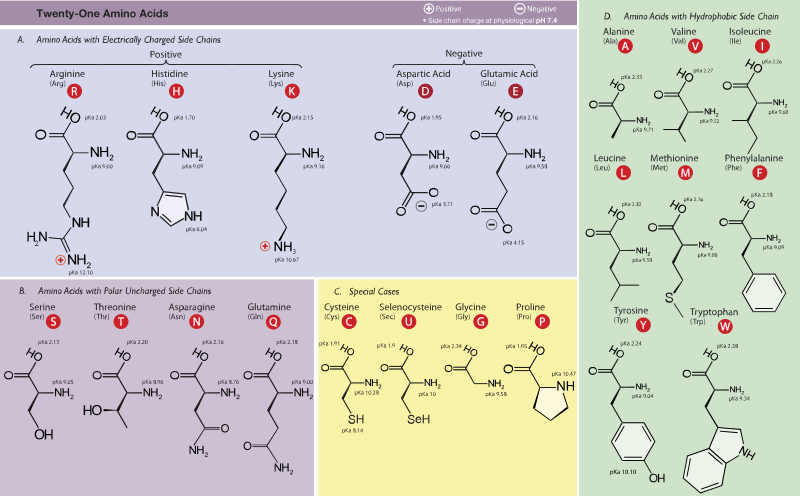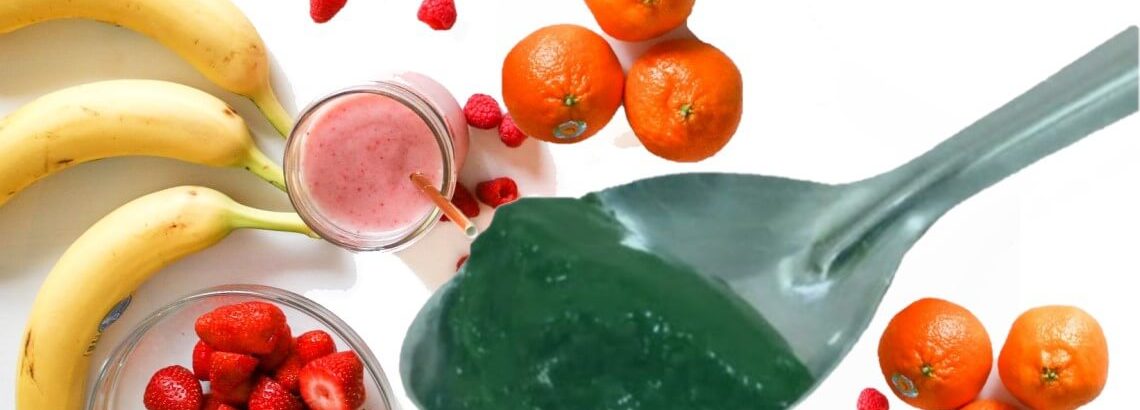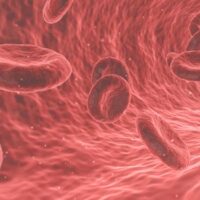Last updated on January 15th, 2025
From lowering cholesterol, through balancing sugar to strengthening muscles, Spirulina has long been recognized by renowned global entities such as NASA and WHO as the most powerful natural multivitamin dietary supplement in the world.
But what is it that makes spirulina so good for our bodies? Stay with me as I explore some of spirulina’s most valuable nutrition components and their impact on your overall health and well-being.
Protein in Spirulina
The protein in Spirulina is excellent in quality, as it contains all the essential amino acids without the extra fat and calories you’d get if you got your protein from meat or dairy. In fact, a tablespoon of Spirulina contains only 20 calories, 1.7g of carbohydrates, and about 1g of fat, which includes omega-3 and omega-6 fatty acids.
1 Tablespoon of fresh Spirulina typically contains about 4 grams of protein, which are about 63-65% of spirulina’s weight.
Fatty Acids in Spirulina
Omega 3
Omega-3 fatty acids are essential nutrients, important for preventing and managing heart disease. It contains both docosahexaenoic acid (DHA) and eicosapentaenoic acid (EPA), which are also known as “good Cholesterol” thanks to their ability to lower blood pressure, reduce triglycerides, slow the development of plaque in the arteries, reduce the chance of abnormal heart rhythm, reduce the likelihood of heart attack and stroke, and lessen the chance of sudden cardiac death in people with heart disease.
Omega 6
Omega-6 fatty acids play a crucial role in developing brain function during infancy and childhood, and has been linked with healthy child development and growth.
Like Omega 3, Omega 6 also helps to reduce LDL Cholesterol, which is known as “bad cholesterol” due to its harmful effect on cardiovascular health. Therefore it can help to fight Diabetes and heart disease.
It also assists at maintaining bone health, stimulating hair growth, relief nerve pain and PMS symptoms, and encourage the healthy function of the reproductive system.

Pro-Vitamin A (beta-carotene)
Spirulina is rich in carotenoids, including Beta-carotene, physoxanthin and cryptoxanthin.
Unlike retinol, a free form of Vitamin A that is cumulatively toxic, beta-carotene does not impose a risk of vitamin A overdose. Rather, when consumed and absorbed properly, our body converts carotenoids into Vitamin A.
1-2 grams of fresh spirulina are sufficient to cover the adult recommended daily intake of vitamin A, which is less than 1mg per day.
B Vitamins in Spirulina
Spirulina contains a variety of B vitamins which are vital for many important brain and muscle functions.
Thiamin (Vitamin B1)
Thiamin is in charge of metabolism and brain function. By breaking down carbohydrates and converting them into vitamin B1, Thiamin can be a great nutrient to tackle fatigue, Nausea, irritability and blurry vision caused by a lack of vitamin B1.
Consuming 1 tablespoon of spirulina per day will give your body about 21% of the recommended daily dose of Thiamin.
Riboflavin (Vitamin B2)
Like thiamin, riboflavin helps you metabolize nutrients from your diet. It also affects your body’s ability to absorb iron, and low riboflavin levels may contribute to iron deficiency.
1 Tablespoon of spirulina would give you about 6% of the recommended daily dose of Riboflavin.
Niacin (Vitamin B3)
Your body converts niacin into NAD, an essential chemical for energy production that regulates your body’s response to stress. It also helps you produce fatty acids, including the fats that make up the cell membranes and aid your cells to communicate with one another.
Feeling overstressed? Just 1 tablespoon of quality spirulina per day can make a big difference and provide your body with almost 5% of the recommended daily dose of Vitamin B3.
Pantothenic acid (Vitamin B5)
Vitamin B5 aka Pantothenic acid boosts the production of melatonin, a chemical that controls and regulates our natural sleep and wake cycles. Vitamin B5 also helps to maintain hormonal balance, making it a great companion for women during their periods.
Consuming 1 tablespoon of spirulina gives you about 2.1% of the daily recommended dosage of B5.
Minerals in Spirulina
Copper
Copper helps keep you healthy and beautiful as you age. It produces collagen, which protects your skin cells from free radical damage that would otherwise accelerate the aging process. Copper also helps your body to produce melanin, a pigment found in your eyes, skin, and hair. Consuming 1 Tablespoon of spirulina per day gives your body 21% of the recommended daily dosage of Copper.
Iron
Iron is a mineral that carries oxygen in the hemoglobin of red blood cells in order to produce energy. Iron also helps to remove carbon dioxide. When the body’s iron stores become low, the red blood cells struggle to carry the oxygen efficiently, leading to a condition called iron deficiency anemia develops.
Consuming 1 Tablespoon of spirulina will provide you with 11% of the recommended daily dosage of Iron.
Magnesium
Magnesium is necessary to maintain healthy muscles, including the heart. It is also vital for the transmission of electrical signals in the body. Adequate magnesium intake has been associated with a lower risk of atherosclerosis, a fatty buildup on the walls of arteries, hypertension, and high blood pressure.
1 Tablespoon of spirulina provides your body with 6.3% of the recommended daily dosage of Magnesium.
Potassium
Potassium is a mineral electrolyte. Electrolytes conduct electrical impulses throughout the body to assist in a range of essential body functions, including the regulation of blood pressure and water balance, muscle contractions, nerve impulses, digestion, and pH balance.
1 Tablespoon of spirulina provides the adult body with 4.9% of the daily recommended amount of potassium.
For comparison, 100 grams of banana contains 358 mg of potassium, while 100 grams of spirulina has 1,363 grams of potassium, which is more than triple the amount!
Manganese
Manganese is a trace mineral required in small portions for the normal functioning of your brain, nervous system, and many of your body’s enzyme systems. It plays a variety of roles, such as aiding metabolism, helping regulate blood sugar, reducing inflammation, and relieving premenstrual cramps.
Manganese is a trace mineral required in small portions for the normal functioning of your brain, nervous system, and many of your body’s enzyme systems. It plays a variety of roles, such as aiding metabolism, helping regulate blood sugar, reducing inflammation, and relieving premenstrual cramps.
While your body can store up to about 20 mg of manganese in the kidneys, liver, pancreas, and bones, you also need to get it from your diet.
Without an adequate supply of manganese, many chemical processes in your body may not function properly.
Consuming 1 Tablespoon of spirulina per day provides the body with about 2% of the recommended daily dose of Manganese.
Summary
This was just a partial list of the nutrients that you can get from spirulina, but there are countless other lipids, acids, pigments and micronutrients, some of which have never been discovered by science. However, buying spirulina supplements from the store can be expensive and often poor in quality. By choosing to grow your own, you can save money on purchasing supplements and at the same time, receive the added benefits of a fresher, more nutrient-dense product.





